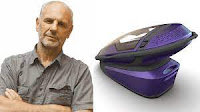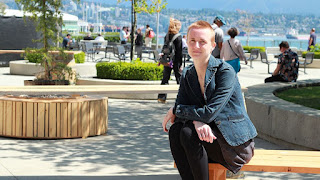Alex Schadenberg
Executive Director, Euthanasia Prevention Coalition
Article: Québec Commission on End-of-Life Care warns that some euthanasia deaths do not comply with the law (Link).Scott Norvell in writing for the New York Sun on August 15, 2023, comments on how in Canada natural death is being replaced by an assisted death. Norvell comments on the letter from Dr Michel Bureau, who is the President of the Quebec Commission on End-of-Life Care who recently told Québec physicians to stop killing people by euthanasia for conditions that are "outside of the law." Bureau stated that, by the end of 2023, it is likely that 7% of all deaths in Québec will be by euthanasia. Norvell quotes Bureau as stating:
“We see, more and more, that the cases receiving medical aid in dying are approaching the limits of the law,” the head of the commission, Michel Bureau, told the Canadian Broadcasting Corporation. “We’re now no longer dealing with an exceptional treatment, but a treatment that is very frequent.”Norvell further explains:
If current rates continue, more than one in 14 deaths in Quebec will be doctor-assisted by the end of the year. Dr. Bureau notes that the rate is higher than any other place that allows the practice — 4.5 times the rate of Switzerland and three times as high as in Belgium. The rate is twice as high as in neighboring Ontario, he said.
In Quebec, doctor-assisted deaths accounted for 4.7 percent of all deaths in 2021. In 2022, that number rose to 6.1 percent, according to provincial statistics, and at the current pace, it will reach more than 7 percent by the end of the year, Dr. Bureau told the CBC. Doctors in the province, he said, are under increasing pressure from elderly patients who say they are ready to die, but their conditions do not qualify them for the suicide route.Norvell ends the article by quoting Bureau as stating:
“It’s no longer just terminal cancer, there are all kinds of illnesses — and that’s very good, but it requires a lot of rigor from doctors to ensure they stay within the limits of the law,” Dr. Bureau said. “Medical aid in dying is not there to replace natural death.”Bureau has been a strong proponent of euthanasia and has become critical of the implementation of the law. During the Québec euthanasia debate the Euthanasia Prevention Coalition pointed out that the law was designed to be abused, and like Belgium, euthanasia would not only grow quickly but there would be deaths outside of the law. Sadly this has happened.
More articles on this topic:









.jpg)
















